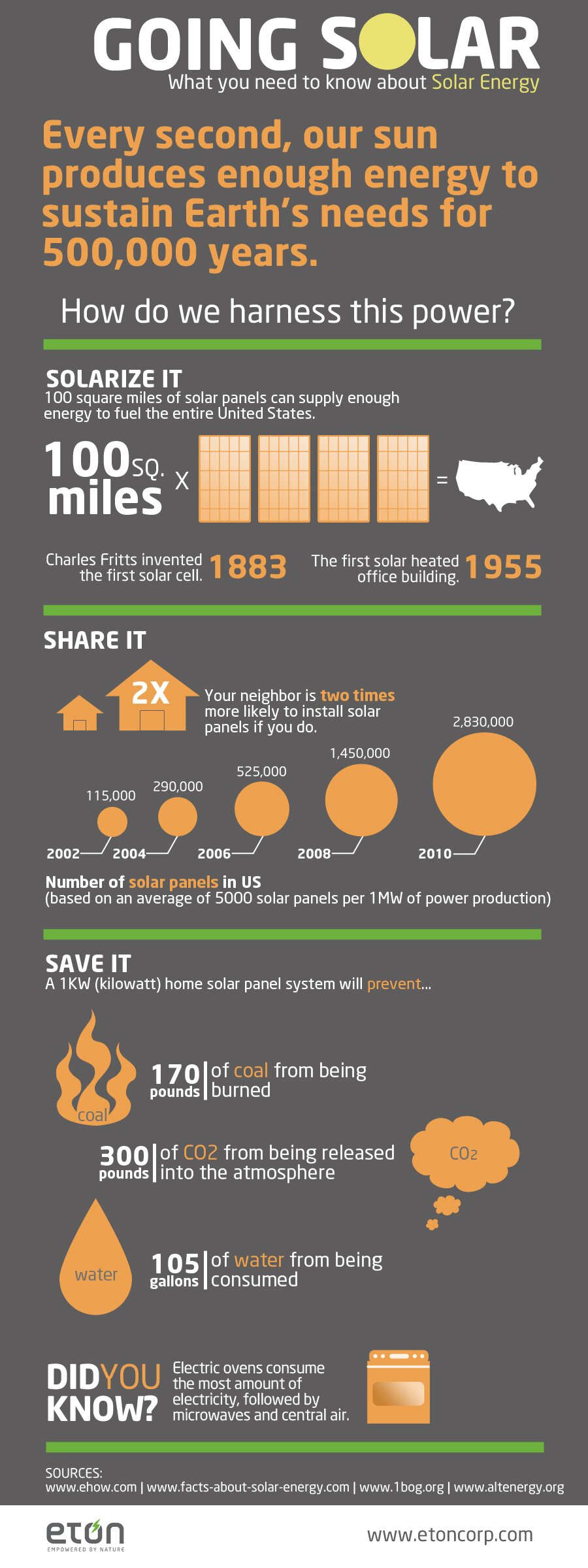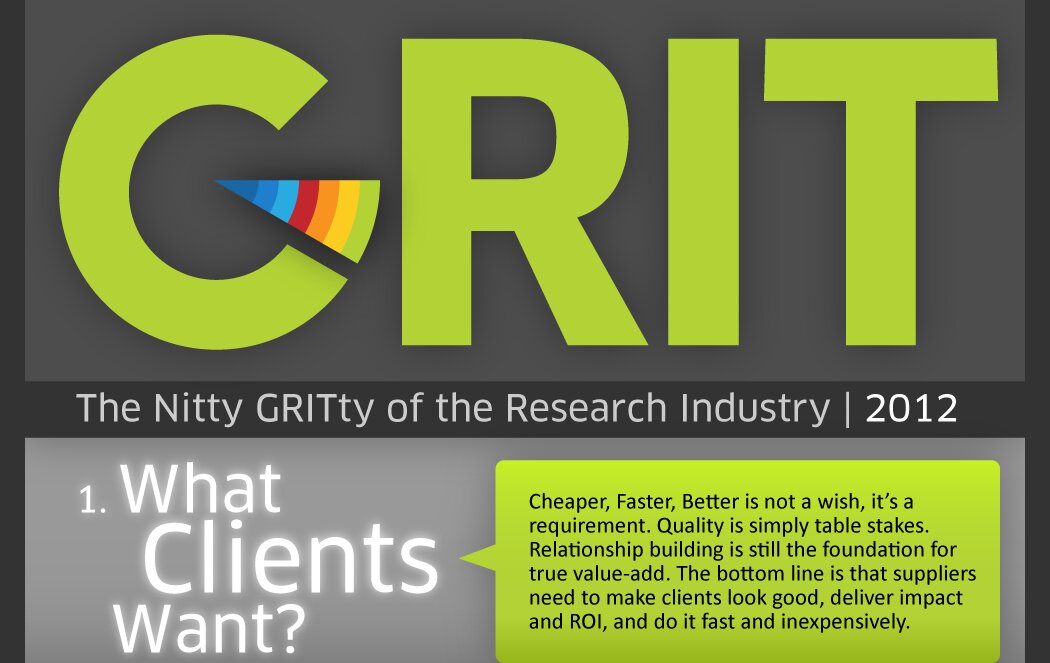Advantages and Disadvantages of Qualitative Research
Qualitative research is a general term pertaining to investigative methodologies and techniques described as naturalistic, ethnographic, field, anthropological or observer research. This type of research gives emphasis on the value of looking on variables in their natural setting where they are commonly found. Comprehensive data is collected by open-ended questions providing direct quotations. The interviewer plays a vital role in the investigation.
Qualitative research is the basis for scientific discourse, because the theses and arguments you speak can convince people or make you think about a topic. However, we are often faced with various factors that do not allow us to prepare our work: fatigue, work, lack of experience in a particular field, in which case you can order term papers online.
Qualitative research is now being utilized in different fields or area of discipline. This is typically used by researchers in gathering data. This type of research includes the experiences of researchers through techniques like case studies, interviews, personal observations and focus groups. There are instances that qualitative research method is being criticized by some. Before making your own justifications, it would be best to weigh the advantages and disadvantages of qualitative research.
Advantages of Qualitative Research
• Issues and subjects covered can be evaluated in depth and in detail.
• Interviews are not limited to particular questions and can be redirected or guided by researchers in real time.
• The direction and framework of research can be revised quickly as soon as fresh information and findings emerge.
• The data in qualitative research depends on human experience and this is more compelling and powerful than data gathered through quantitative research.
• Complexities and subtleties about the subjects of the research or the topic covered is usually missed by many positivistic inquiries.
• Data is usually gathered from few individuals or cases therefore findings and outcomes cannot be spread to larger populations. However, findings can be transferred to another setting.
• With this type of research, the researcher has a clear vision on what to expect. They collect data in a genuine effort of plugging data to bigger picture.
Qualitative research makes it easy for researcher to gain clearer understanding about the targeted market for the reason that the types of questions asked during the process starts with “Why”. This is more powerful an easy to deal with than those questions that focus on what, when and how much. With clearer understanding, researchers can reach out to people even more. Since this type requires smaller scales, low cost is therefore another advantage.
Disadvantages of Qualitative Research
Qualitative research displays its own strengths however, this is also associated with some disadvantages and these include the following:
• The quality of research is heavily dependent on the skills of the researcher and can be easily influenced by personal idiosyncrasies and biases of researchers.
• Rigidity is more difficult to assess, demonstrate and maintain.
• The quantity of data makes interpretation and analysis time-consuming.
• Qualitative research is sometimes not accepted and understood especially within scientific communities.
• The presence of researcher in the process of data gathering is unavoidable and can therefore affect or influence the responses of subjects.
• Issues on confidentiality and anonymity can pose problems during presentation of findings.
• Findings can be time consuming and difficult to present in visual ways.
Upon learning the advantages and disadvantages of qualitative research, you can now determine if this type of research will best suit your needs and preferences in terms of conducting a research.


